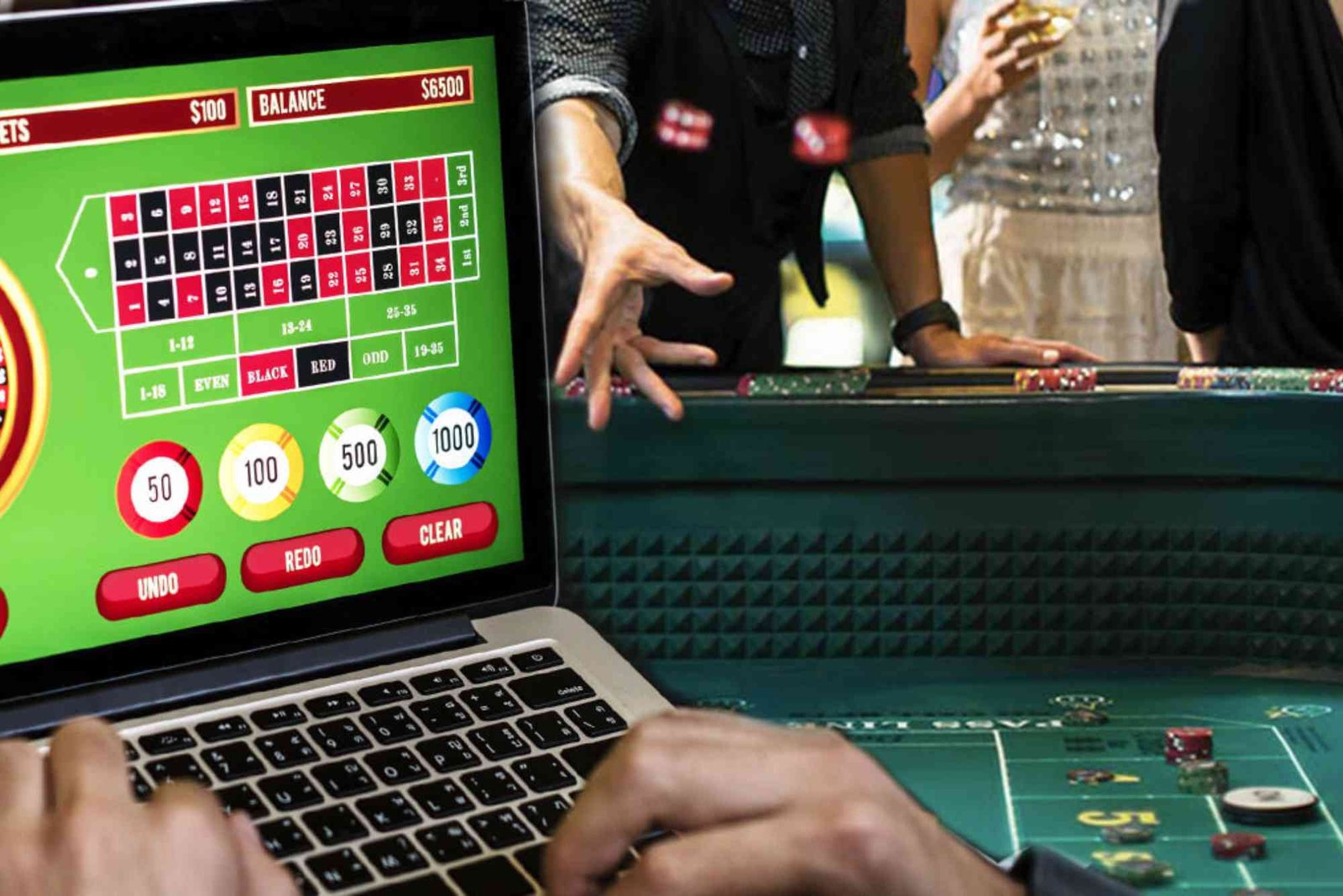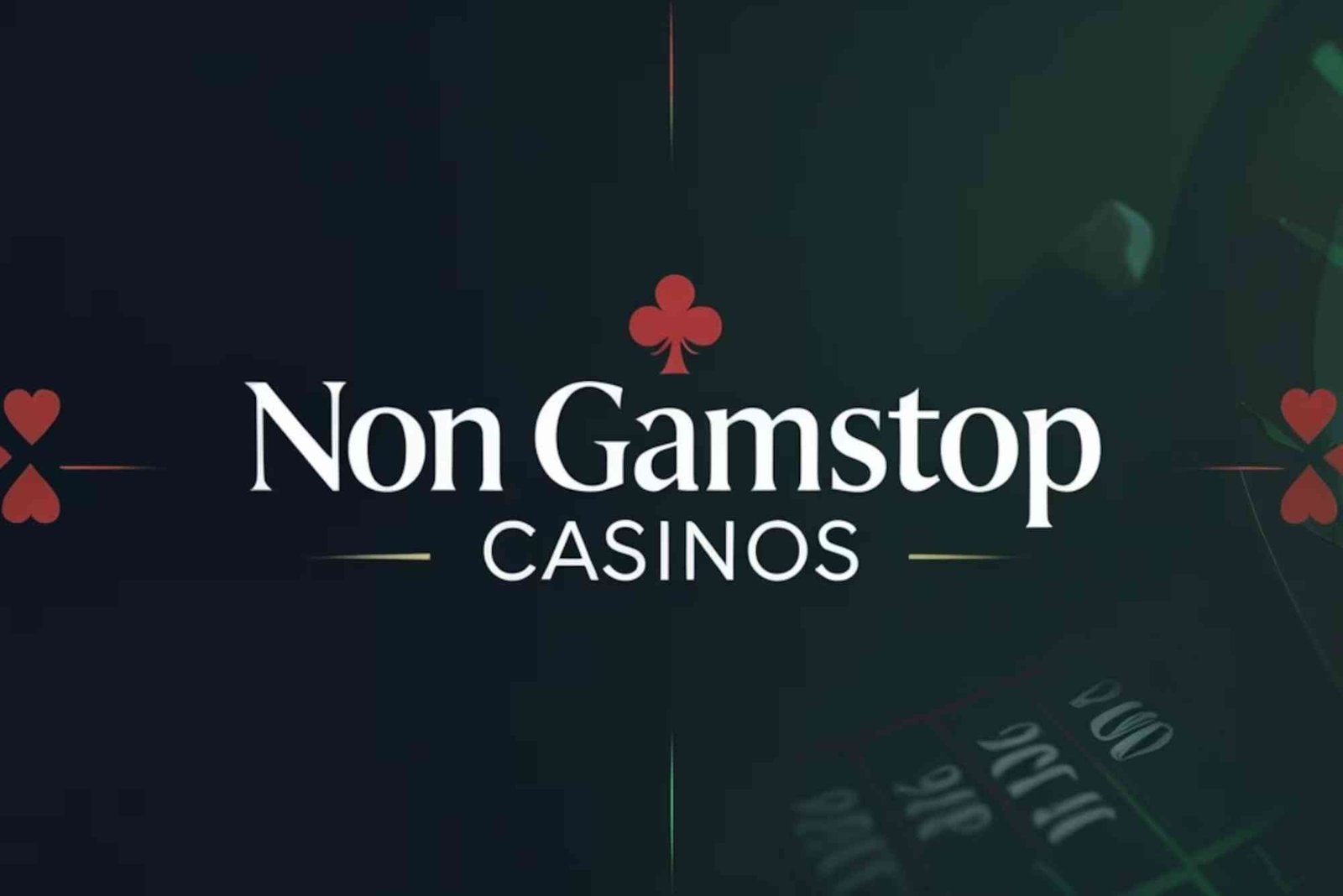In recent years, loot boxes have become one of the most debated features in modern gaming. They promise excitement, surprise, and the possibility of rare in-game rewards—but they also raise questions about whether they mirror the mechanics of gambling. For gamers and parents alike, the question is critical: are loot boxes simply a harmless way to enhance gameplay, or do they share the same DNA as traditional betting activities?
The Mechanics of Loot Boxes
Loot boxes are essentially digital packages that players can purchase or earn, containing random rewards such as skins, weapons, characters, or power-ups. The thrill comes from not knowing what’s inside until it’s opened, making the process feel like pulling a slot machine lever. The rarity system embedded in many of these boxes further amplifies the appeal, as players chase after rare or legendary items.
What makes them controversial is the uncertainty combined with monetary value. Even when bought with in-game currency, that currency often requires real money at some point. In practice, this means players are spending money on a chance outcome, a system that mirrors the unpredictability of bets placed at a roulette table or a slot machine.
This blurred line between gaming and gambling has led many researchers and regulators to argue that loot boxes operate similarly to forms of wagering, much like the environment seen in casino not on GamStop, where players are drawn to platforms offering unpredictability and freedom from rigid restrictions.
Why Loot Boxes Feel Like Gambling
The emotional response generated by loot boxes is almost identical to the one triggered in gambling environments. Anticipation builds as the box opens, followed by either the disappointment of common items or the euphoria of landing something rare. Psychologists refer to this as a “variable reward schedule,” a mechanism also used in slot machines to keep players engaged.
For younger players, who are especially susceptible to impulsive behavior, loot boxes can be a gateway to riskier habits. The sense of “just one more try” mirrors the mindset of chasing losses, a common pattern among gamblers. While not every player develops problematic behavior, the similarity to betting mechanics is undeniable.
The Industry’s Perspective
Game developers often argue that loot boxes are not gambling because the rewards are digital items without direct real-world cash value. Unlike winning money from a slot machine, the outcome is tied to gameplay enhancement rather than financial return. Developers also highlight that many games offer ways to earn loot boxes through regular play, making them optional rather than essential.
However, this argument is weakened by the growing presence of secondary markets, where rare digital items can be traded or sold for real money. In these cases, loot boxes effectively gain real-world value, strengthening the comparison to traditional gambling.
Regulation and Global Responses
Different countries have responded in different ways. Belgium and the Netherlands, for example, have classified loot boxes as a form of gambling and banned or restricted them in certain games. The UK has debated legislation but has leaned more toward consumer protection measures and parental controls. Meanwhile, in countries like the US, the debate continues with little consistent regulation across states.
The challenge lies in balancing innovation in gaming with protecting players, especially minors, from addictive mechanics. As the gaming industry becomes more lucrative, governments face mounting pressure to define loot boxes more clearly in legal terms.
The Player’s Perspective
For many players, loot boxes add fun and unpredictability to gaming. Opening one feels like a mini celebration, especially when it results in a rare or powerful reward. In moderation, this mechanic can be harmless, much like casual gambling. But problems arise when players begin to overspend or when game design pressures them into purchases through “pay-to-win” structures.
Players often report frustration when the chase for rare items becomes too expensive or when it feels like the game has been designed around encouraging spending rather than skill-based progression. This dynamic can create resentment, even among loyal gaming communities.
The Future of Loot Boxes
As the debate intensifies, developers are experimenting with alternatives. Some are shifting toward transparent systems where players know the odds of receiving specific rewards before purchase. Others are replacing loot boxes with battle passes or direct purchase systems, which maintain monetization but remove the gambling-like randomness.
The future of loot boxes may depend on regulatory pressures, industry self-regulation, and changing consumer expectations. Younger generations, already aware of the gambling parallels, may demand more transparency and control over how digital purchases are integrated into games.
Final Thoughts
So, are loot boxes just another form of bet? In many ways, yes. They use uncertainty, emotional highs and lows, and reward mechanisms almost identical to those found in gambling. While developers argue that they are part of entertainment, the parallels are too strong to ignore. The critical issue is not whether loot boxes count as gambling in a strict legal sense, but whether they exploit psychological mechanisms that can lead to harmful behaviors.
As the industry evolves, players and regulators will need to demand more transparency, fairness, and safeguards. Like betting itself, loot boxes aren’t inherently harmful when enjoyed responsibly—but without boundaries, they can easily cross the line.





